TikTok filed a lawsuit against Montana state government on Monday after it became the first U.S. state to pass a bill last week to ban TikTok app from operating in Montana.
The lawsuit is widely expected because the statewide ban is targeting a specific Chinese firm out of political considerations at the cost of relentlessly trampling of state residents' right to free speech.
"We are challenging Montana's unconstitutional TikTok ban to protect our business and the hundreds of thousands of TikTok users in Montana. We believe our legal challenge will prevail, based on an exceedingly strong set of precedents and facts," TikTok said in a statement.
The TikTok ban violates the First Amendment to the U.S. Constitution, the litigation said. In addition, the ban "intrudes upon matters of exclusive federal concern," it said.
Lawyers for TikTok argue that the national security threat raised by officials in Montana is not something that state officials can attempt to regulate, as foreign affairs and national security matters are a federal issue.
"The state has enacted these extraordinary and unprecedented measures based on nothing more than unfounded speculation," the litigation said, referring to the concerns that Chinese government could access Americans' data.
The lawsuit seeks to overturn the Montana ban, which will take effect in January 2024.
Montana Governor Greg Gianforte on Wednesday signed a bill, which was passed by the state legislature last month, to ban TikTok from operating in the state to "protect" residents from alleged intelligence gathering by China.
The bill prohibits the company from operating in the state and requires app stores to block users in Montana from downloading TikTok. TikTok's users won't face fines for using the service, but app stores and TikTok face daily fines of $10,000 for violating the law.
In response, a spokesperson of TikTok said: "Governor Gianforte has signed a bill that infringes on the First Amendment rights of the people of Montana by unlawfully banning TikTok, a platform that empowers hundreds of thousands of people across the state."
Just hours after the TikTok ban was signed into law by the governor, the law firm Davis Wright Tremaine filed the lawsuit in Montana's federal trial court on behalf of five TikTok creators who live in the state and use the app.
"The latest complaint filed by TikTok came as widely expected," a senior lawyer at Beijing DHH Law Firm, who asked to be anonymous, told the Global Times.
The Montana bill has a major flaw because it lacks a factual basis for TikTok's concerns about user data and other aspects, and the ban could severely restrict the free speech of American citizens, violating the First Amendment, according to the lawyer.
"I think there are high hopes for TikTok to win the lawsuit against Montana because freedom of speech should be respected in any country, and the basic rights of citizens should not be sacrificed because of ideological differences," Hao Junbo, a lawyer with the HAO Law Firm in Beijing, told the Global Times on Monday.
"And TikTok's litigation against Montana has a warning tone for other states if they choose to follow suit, they will face multiple hurdles, and Chinese firms will appropriately use the legal system to protect themselves," Hao said.
It is not the first time that TikTok took the U.S. authorities to the court.
In August 2020, TikTok sued the U.S. government, accusing the former Trump administration of depriving it of due process when Trump used his emergency executive powers to issue an order aiming to block the app from operating in the country.
Then, Trump issued twin executive orders banning transactions with TikTok and the Chinese social media app WeChat within 45 days. A week later, he issued a separate executive order giving ByteDance 90 days to divest from its American assets and any data that TikTok had in the U.S..
The lawsuit ended with the White House defeat after U.S. District Judge Carl Nichols in Washington blocked the Trump ban on the app in December 2020 citing that Trump overstepped his authority, using his emergency economic powers to try to put the popular app out of business.
Nichols was the second judge to rule against the White House ban on TikTok. In October 2020, another federal judge blocked those sanctions on the app after TikTok influencers brought a lawsuit in Pennsylvania.
The witch-hunting behavior by U.S. government targeting TikTok and other firms with Chinese background has become a normal political operation, which has nothing to do with national security or data security but a cold-war mindset, experts said.
Even if the Montana law is not overturned, it has no practical meaning in the era of internet because "you cannot have control over people about having access to TikTok, which is impossible in operation," Xiang Ligang, a veteran technology expert, told the Global Times on Monday.
"It is, from the very beginning, the U.S.' bullying and hegemony, which is doomed to failure, because it violates normal market operation," Xiang said.
Calls to ban TikTok at a nationwide level has not advanced in the U.S. Congress after TikTok CEO Shou Zi Chew was grilled in March by a congressional committee about whether the Chinese government could access user data.








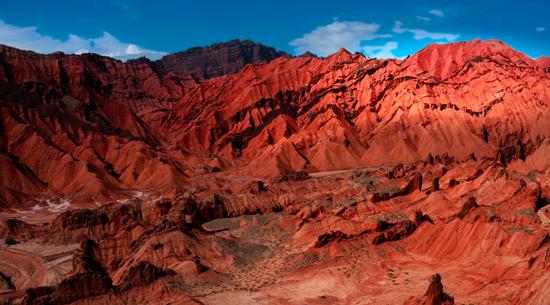
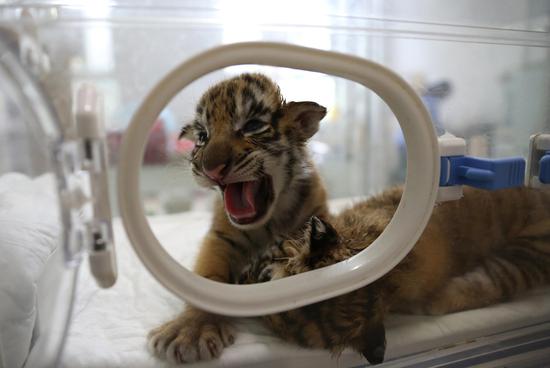




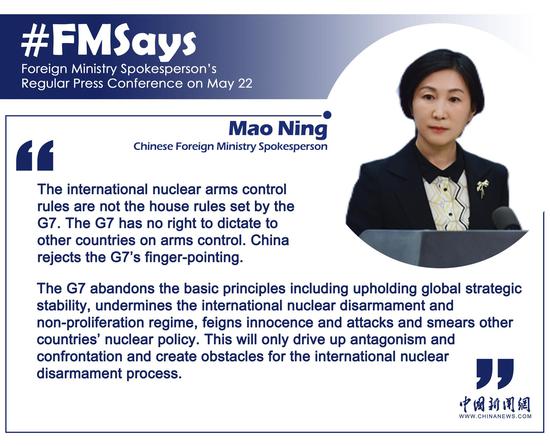
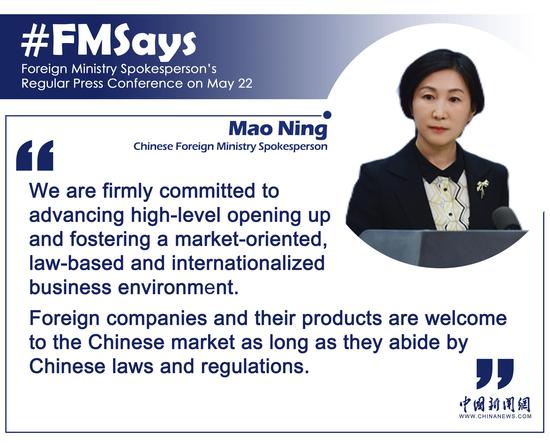





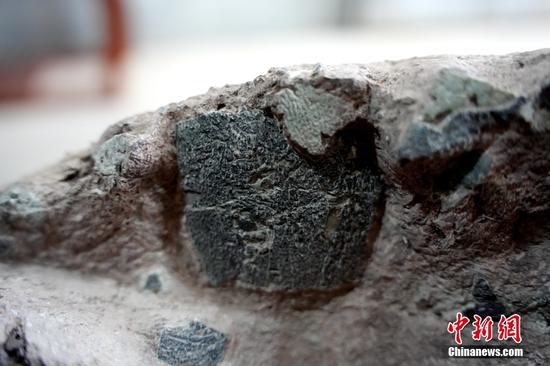




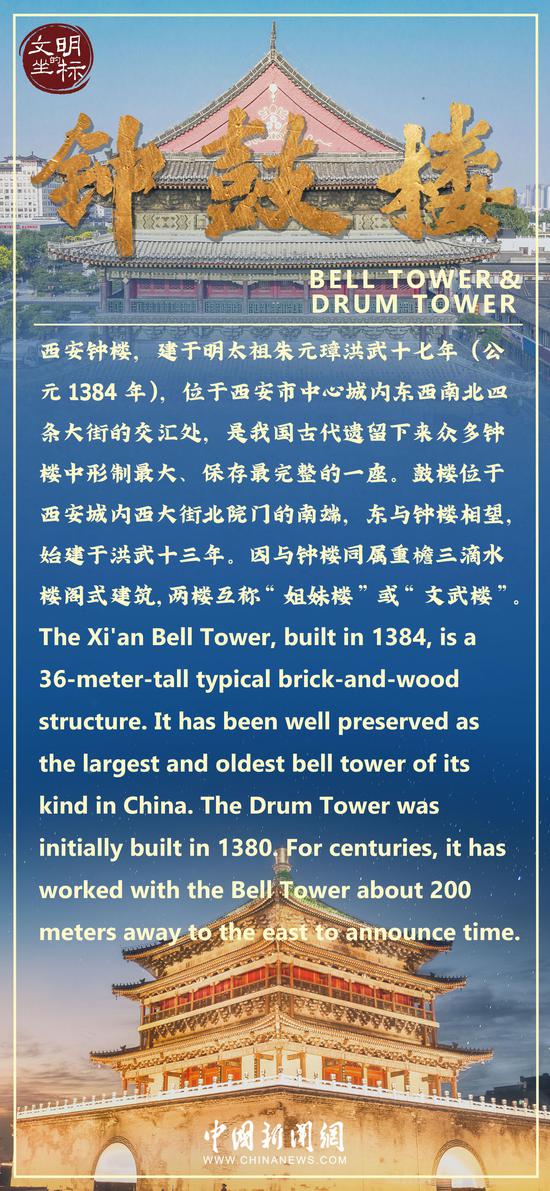
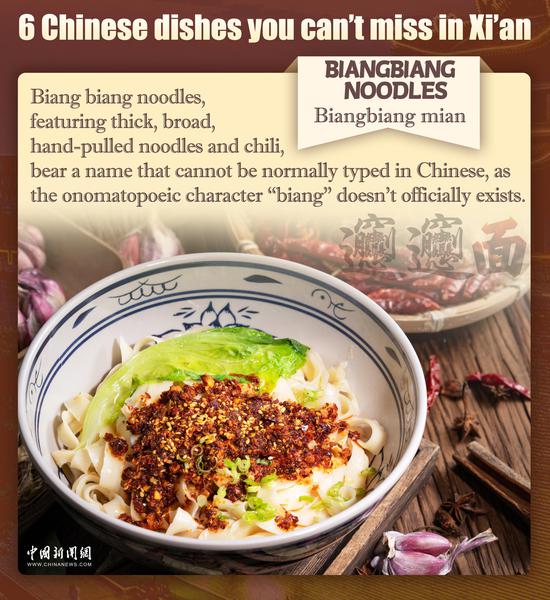


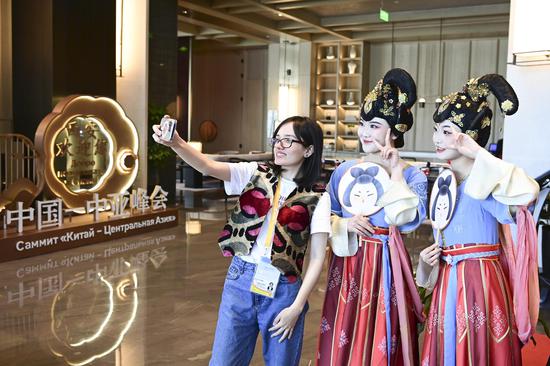
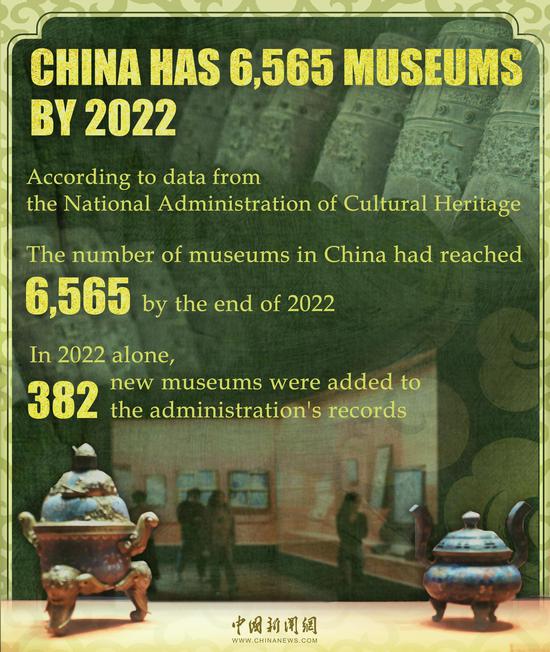
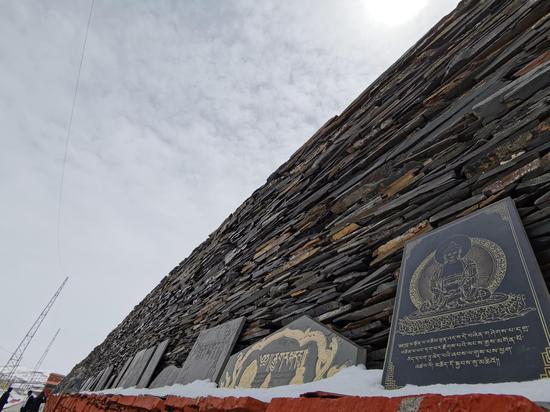
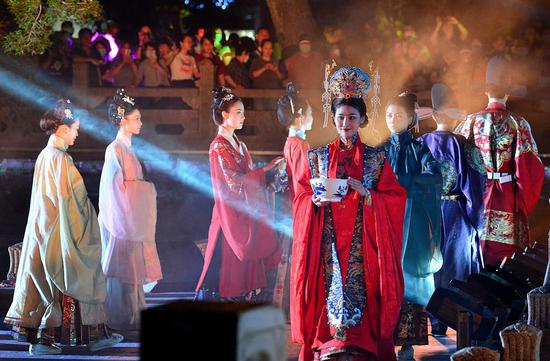


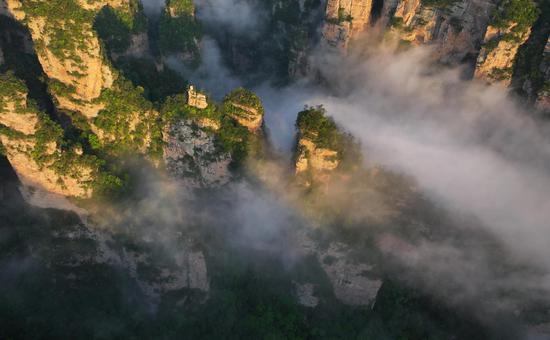
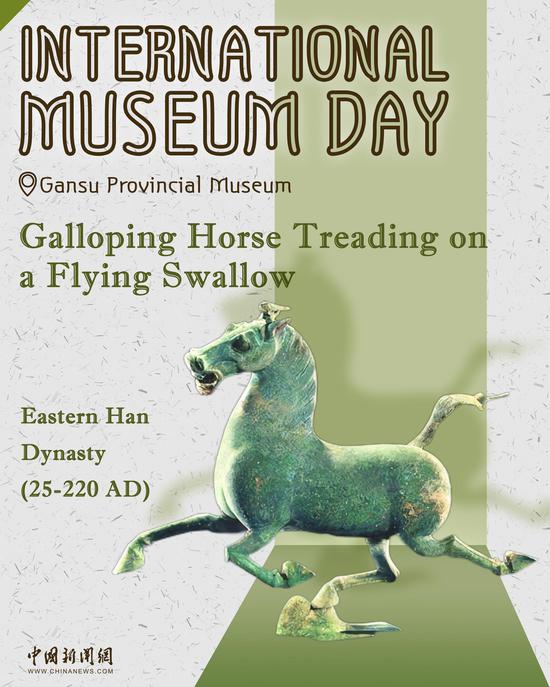
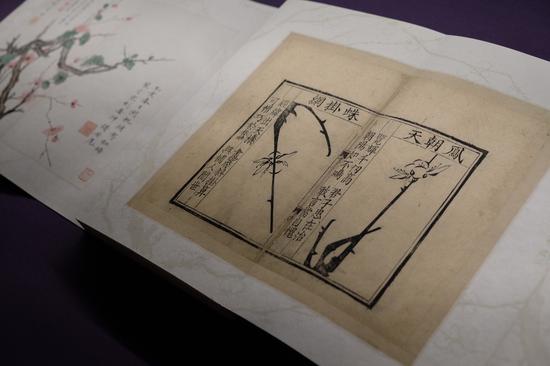

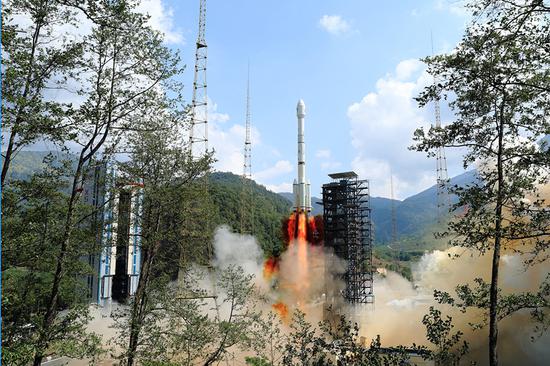
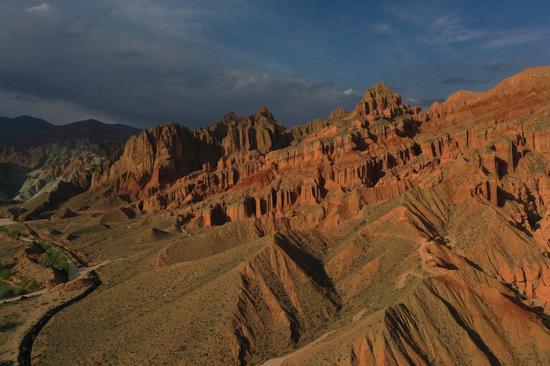
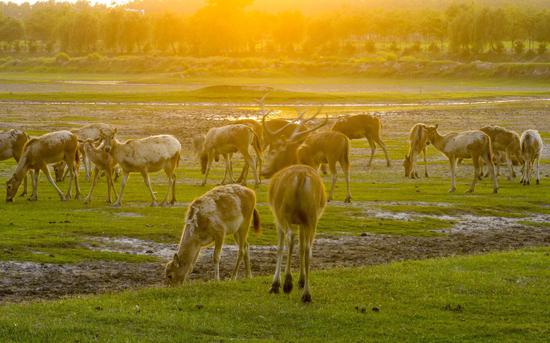







 京公网安备 11010202009201号
京公网安备 11010202009201号